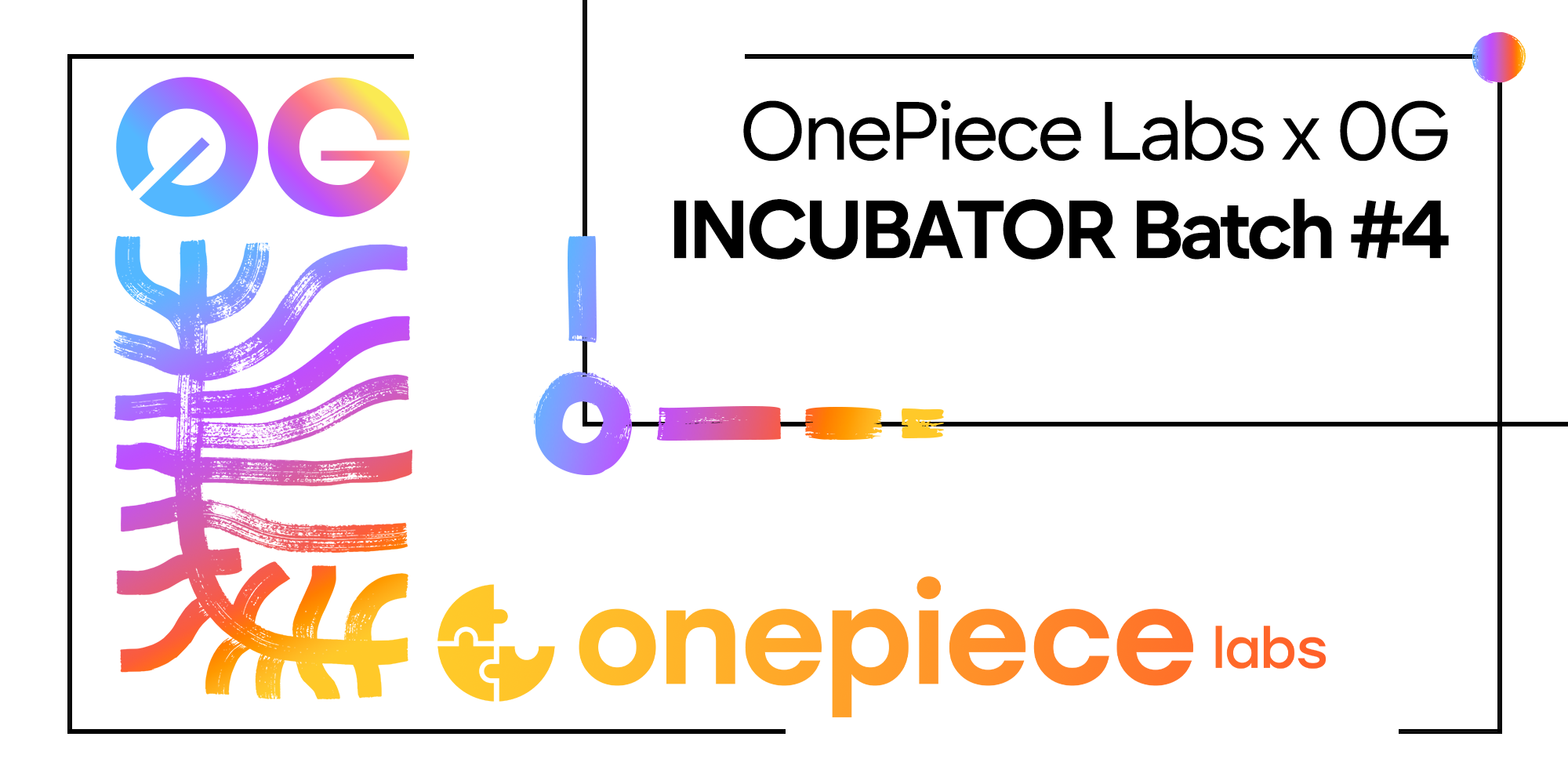In a transformative move towards the AI age, South Korean schools are poised to embrace digital learning through AI-driven textbooks by 2025. Stephen M. Kosslyn, a former Harvard University dean of social science, envisions this shift as a potential solution to the intense competition for medical school placements and the overconcentration of talent in specific fields. Kosslyn suggests that AI learning models can play a pivotal role in redirecting students towards diverse career paths, challenging the conventional belief in the necessity of traditional learning methods.
The rise of intelligent classrooms
In the midst of South Korea’s educational evolution, Kosslyn advocates for a departure from traditional learning methods. He argues that intelligent classrooms, powered by AI, can offer students the opportunity to learn at their own pace, eliminating the need for cutthroat competition for places at prestigious institutions. By doing so, the private education market, long synonymous with intense academic rivalry, may see a decline, providing a potential respite for both students and parents.
Kosslyn passionately underscores the transformative potential of artificial intelligence in reshaping the very fabric of the learning experience, thereby diminishing the perceived indispensability of private education. At the forefront of this paradigmatic evolution stands Taejae University, an innovative online academic institution conceived in the mold of the esteemed Minerva University in the United States, radiating as a luminous beacon heralding this monumental shift.
With a deliberate emphasis on a comprehensive foundation of general education, a commitment to fostering global exposure, and a pedagogical approach steeped in interactive thinking, Taejae University boldly charts an alternative trajectory for students, presenting a formidable challenge to the entrenched norms of the conventional route to academic and professional success.
Active learning and competency-based education in the AI age
Kosslyn fervently underscores the imperative nature of active learning, passionately urging students to ardently and collaboratively engage with cutting-edge AI tools. Envisioning an educational landscape characterized by a symbiotic interaction, he postulates an idyllic scenario wherein students partake in intimate one-on-one engagements with artificial intelligence, thereby cultivating and nurturing the seeds of critical and creative thinking.
The overarching objective is to strategically deviate from the entrenched paradigm of rote memorization and passive assimilation of knowledge, steering towards a pedagogical realm that embodies dynamism, responsiveness, and a heightened level of interactive educational discourse.
Also, Kosslyn proposes the adoption of competency-based education, a departure from the traditional grading system. This approach focuses on students demonstrating competency rather than conforming to a fixed curriculum. By allowing students to progress based on their individual abilities, this system aims to shift the cultural focus from results to the development of essential skills.
As Korea prepares to witness the digitalization of education in the next five years, Kosslyn predicts a notable shift in the educational landscape. The AI age, he argues, will offer students a broader perspective on career choices, potentially reducing the intense competition for medical school placements. In this era of artificial intelligence, Kosslyn envisions a future where students explore diverse paths, redefining success beyond the confines of traditional institutions. This transformative period, marked by the fusion of education and AI, holds the promise of not just reshaping careers but fostering a generation of adaptable, critical thinkers poised to thrive in the dynamic challenges of the future.






